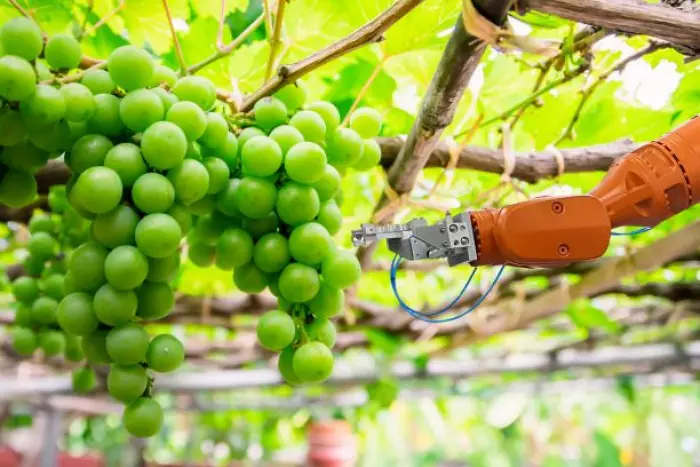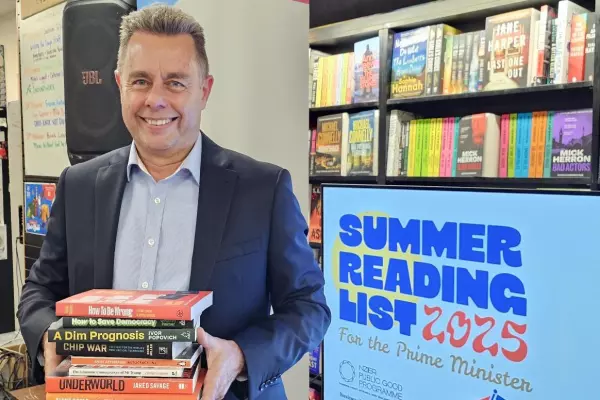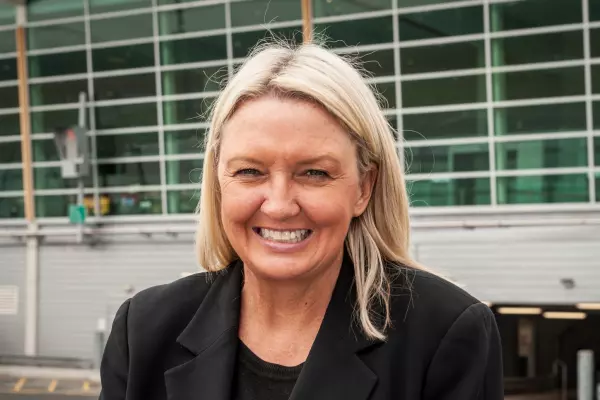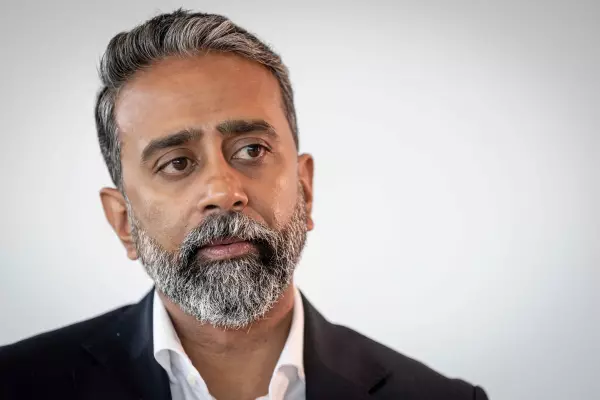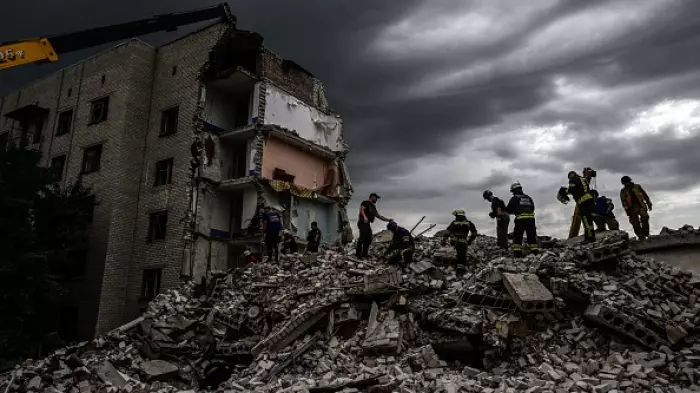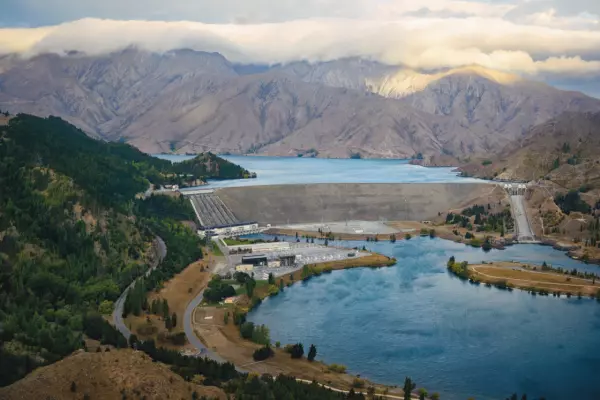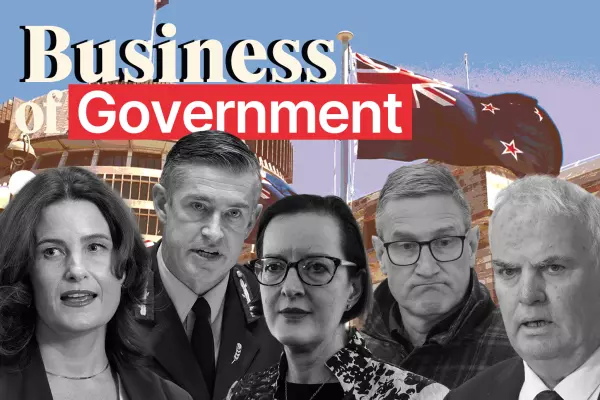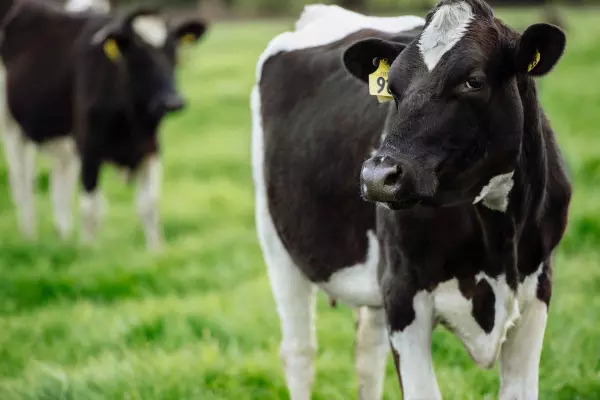No other rich country relies more than New Zealand on temporary migrants to fill its workforce and the government is determined for that to end while going up-market to attract wealthy new citizens.
In a major speech on resetting NZ’s immigration policies, Kris Faafoi, the immigration minister, signalled policies changes that will make relying on low-cost migrant labour rather than investing in skills and automation much harder for NZ employers.
“Temporary work visa holders make up almost 5% of NZ’s labour force,” the minister said in speech notes delivered by his cabinet colleague Stuart Nash, owing to illness.
“That is the highest share – by a significant margin – compared to other OECD countries. Poland is next with almost 4%.”
The numbers of people in NZ on temporary migrant visas had swollen from 100,000 to 200,000 in the last 10 years and too many were relatively unskilled.
“Nearly half of Essential Skills visa approvals in 2019 were at the two lowest skill levels,” Faafoi’s speech said.
Challenge to business
“This means business have been able to rely on lower-skilled labour and suppress wages rather than investing capital in productivity-enhancing plant and machinery or employing and upskilling New Zealanders into work.”
Automation and “new delivery models” might well replace low-skilled jobs with higher-skilled roles.
“Let me be clear, there will still be the need for migrant workers where there are no Kiwis to fill jobs. But a lesson we have learnt from the past 15 months is that it’s better to be prepared and resilient to global shocks."
Faafoi particularly signalled ongoing support for seasonal workers from the Pacific and the industries that rely on them.
Because of the importance of remittance income from Pacific Island temporary migrant workers to the islands’ economies, the speech made very clear that the Registered Seasonal Employer scheme would remain in place, with 2,400 migrant places offered for the next horticultural season.
Seeking high-rollers
However, efforts to attract migrants will move up-market with the reset.
Some 2,000 border exceptions would also be created to allow “high-value international investment interests to come to NZ over the next 12 months to conduct due diligence and transact the sort of deals we know will play an important role in supporting NZ economic recovery from covid-19”.
“We want targeted, high-quality investment that establishes frontier firms, brings skills and technology to NZ.”
Faafoi also promised a review of the current settings on the Skilled Migrant category, “with more to say on that soon”, indicating that it was setting too low a bar for necessary skills.
He styled the shock to migrant arrivals caused by covid-19 as a one-off opportunity to reset immigration policy after years of high population growth caused by immigration.
“Covid-19 has starkly highlighted our reliance on migrant labour – particularly temporary migrant labour. The pressure we have seen on housing and infrastructure in recent years means we need to get ahead of population growth."
Covid-19 had also shown how vulnerable key NZ industries are to labour shortages when borders close, increasing the case for investment in training and skills for New Zealanders to take jobs that temporary migrants had been tending to fill.
Tourism ITP
The tourism sector, which had relied heavily on temporary migrant workers before international tourism tanked after covid, would now also be subject to a government-led Industry Transformation Plan, the speech notes said.
Various other sectors, including wood processing, online gaming, agritech, and construction, are also subject to ITPs, most of which have stalled since the covid outbreak.


